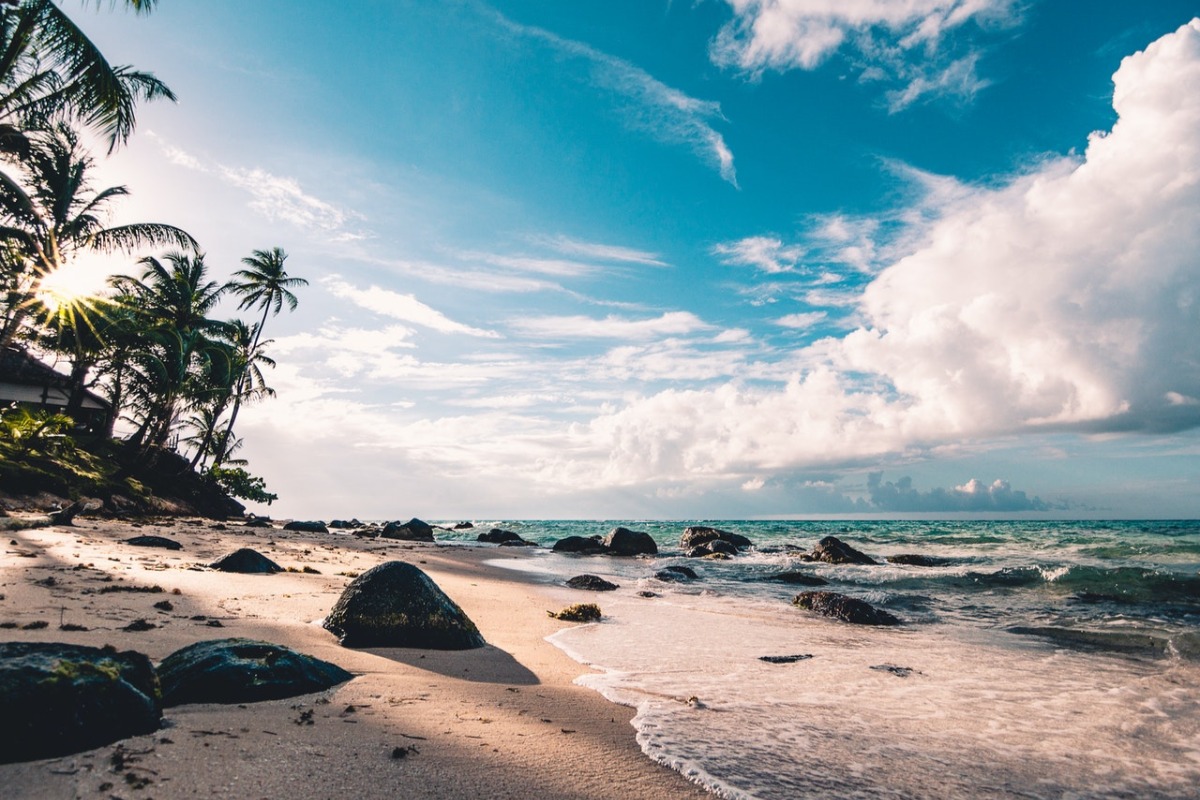Exploring the world is everyone’s dream, and with that comes tasting every dish of every country. When we plan our trips, one of the first things we list down is the food we’ll try. From common street delicacies to fine dining specialties, they’re on the menu.
Trying local dishes sounds nothing but fun, and it truly is, but there’s something travelers don’t show normally us on social media: digestion issues.
Whether you’re a globetrotter or a domestic traveler, you’ve surely experienced having indigestion or loose bowel movement (LBM) at least once in the middle of your trip. It’s a bummer, but you don’t have to feel strange about it. Traveller’s constipation and traveler’s diarrhea are very common, according to experts. And they’re not necessarily caused by the unfamiliar dishes you’ve eaten.
Traveler’s Constipation
Holiday constipation or travel constipation is a condition caused by the change in your routine, coupled with the stress of traveling, says Vijaya Rao, MD of the University of Chicago School of Medicine. It often starts while you’re in transit, where you have limited access to bathrooms. If there’s one available, it’s rarely clean and comfortable. It doesn’t get any better either when you arrive at the hotel, because it doesn’t feel quite like home. Even if you already feel the urge to relieve yourself, your bowels seem to feel “shy.”
Sleep disruptions, which is often the case when you change time zones, are also a major factor in traveler’s constipation. Sleeping on uncomfortable surfaces may affect your digestion as well. And lastly, dietary changes will definitely prompt your digestive system to perform some getting used to. It’ll either suppress or bowels or loosen them.
Symptoms of traveler’s constipation include bloating, feeling gassy, and even some stomach pain. Now that you know all about it, don’t panic next time you feel it. But do prepare your stomach and guts before taking off for your next destination. Get your dose of probiotics, get out of your seat frequently, move, eat, and drink lots of water to regulate your digestive system. You can also consume fiber-rich food, or take a laxative if all else fails.
Traveler’s Diarrhea

Traveler’s diarrhea is a digestive tract disorder, so it’s a little more serious. It commonly affects people who visit areas where unsanitary practices are prevalent, or where the climate is different from what they’re used to. The condition is most common in travelers visiting Mexico, Central America, South America, Africa, the Middle East, and most parts of Asia (except Japan).
Bacteria, viruses, and parasites may cause traveler’s diarrhea, though thankfully, the condition goes away on its own within a few days. But it can cause dehydration, which makes traveler’s diarrhea potentially dangerous. It’s also contagious, regardless of the cause.
Symptoms of traveler’s diarrhea are abdominal cramps and watery stool. But in some cases, loss of appetite, bloating, nausea, vomiting, fever, excessive gas, and an urgent need to relieve yourself may also be present. However, all of these symptoms are nothing serious.
When you start experiencing unbearable pain in your abdomen or rectum, persistent vomiting for over four hours, high fever, bloody stool, and dehydration, that’s the time when you need to see a doctor immediately. If the doctor suspects an inflammation in your stomach, they may recommend that you get an upper endoscopy procedure, in which a thin tube with a camera on its tip will be inserted through your esophagus to examine your upper digestive tract.
But endoscopy is just for very severe cases, which isn’t common, so don’t panic. In most cases, over-the-counter medicines can treat traveler’s diarrhea. You may also need to avoid caffeine, alcohol, and other food and drink your body is unfamiliar with.
Avoiding Digestive Problems While Travelling
To avoid traveler’s diarrhea, take it slow when trying out new dishes. Steer clear of unpasteurized food or drink, partially cooked or raw meat, street foods, tap water and ice, and uncooked fruits and vegetables.
To prevent traveler’s constipation, avoid medications and supplements that can restrict your bowels, such as antacid medication, diuretics, iron, and calcium supplements. Drink plenty of water, avoid suppressing your bowels, and try to maintain your normal routine. Find ways to manage your stress as well. If planning your travels drain your energy and mood, consider having a more experienced travel buddy, or hiring a travel agent or guide.
Digestive problems can really ruin your holiday, so control your cravings and daring by avoiding your system’s triggers. If you really want to try out a potentially dangerous food and drink, see if you can get it in your city or home country, and wait for reactions. If your digestive system goes berserk, it’s probably best to never touch that food or drink ever again.



